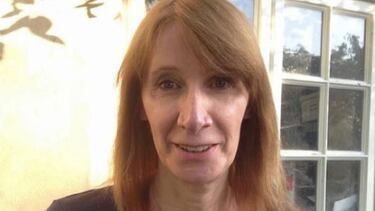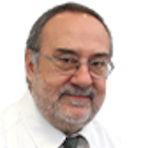Philippa York, formerly Robert Millar: a fascinating debate on transgender athletes
Alfredo RelañoI analyses the issue of transgender athletes in sport after reading an interview with former cyclist Robert Millar.

I recently read a fine interview in the sports pages of ‘El Mundo’ as Spanish journalist, Lucas Sáez-Bravo talks to Philippa York. Those who know their cycling will be aware that Philippa York was once Robert Millar, a good Scottish cyclist who dominated summits on the Tour and a direct rival of our Perico Delgado, who took a Vuelta from him on penultimate day in the stage that ended at DYC Distilleries back in 1985. The interview is excellent because it raises, and for many it resolves, the ongoing issue that is very much a talking point in the world of sport, that of the increasing presence of transgender athletes competing in women’s events.
Robert Millar at the 1988 Paris-Nice.
— cycling archives (@mission753) July 17, 2022
📷 Graham Watson pic.twitter.com/F9vU0B9UwW
Philippa York: an inspiration to others
Related stories
Philippa is not speaking for her own benefit, as she began and ended her career as Robert. She does recount her adventures, her doubts, her torments from childhood until step by step she became what she felt like, a woman. Today, she follows the Tour as a journalist. Philippa speaks for the benefit of those who are coming after and hopes to forge a way for others. She speaks for Laurel Hubbard, Lia Thomas and other lesser known women who were men, who want to play a sport but arouse suspicion that they may have an advantage. To the point that some propose a transgender category.
Behind the scenes @LeTour pic.twitter.com/aIZALfUo5y
— philippa york (@pippa_york) July 15, 2022
Ongoing debate over transgender athletes
“No one changes their sex just to win Olympic medals”, is the summary headline. It’s not a whim, it’s not fun, you can decipher clearly from the interview. Regarding the advantage of entering female sport with male strength, it provides the data that strength (between 15 and 20%) and dexterity are lost, which go away with testosterone. You don’t recover in the same way, you can’t train in the same way. A man who was 10th in his test would be 10th competing as a transgender among women, the article claims. The interview, of course, is not enough to delve into scientific questions that support or refute what he says, but it enriches the debate and calls into question the prejudices with which it was being approached.

